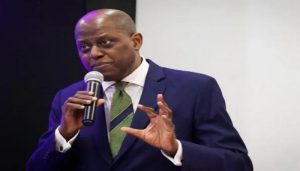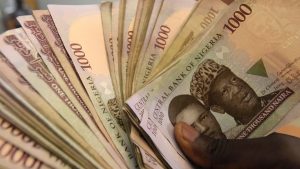
By David Akinmola
Nigeria’s total public debt stock has risen to ₦149.39 trillion as of the end of the first quarter of 2025, according to the latest report released by the Debt Management Office (DMO) on Friday.
The figure represents a significant increase from the ₦121.67 trillion recorded at the end of December 2024—marking a quarter-on-quarter rise of approximately 22.8%. The DMO attributed the jump to new domestic borrowings, exchange rate fluctuations, and the securitization of a portion of the Federal Government’s Ways and Means advances from the Central Bank of Nigeria (CBN).
According to the breakdown, ₦89.11 trillion (59.67%) of the debt is from domestic sources, while ₦60.28 trillion (40.33%) is from external borrowing. The debt stock includes obligations of the Federal Government, 36 state governments, and the Federal Capital Territory.“The increase is mainly due to fresh borrowings by the Federal Government to finance the deficit in the 2025 Appropriation Act and disbursements by multilaterals and bilaterals,” the DMO stated.
Also contributing to the external debt increase was the depreciation of the naira against major international currencies. The official exchange rate stood around ₦1,400/$1 during the review period, further inflating the naira value of the country’s foreign-denominated loans.
While the DMO maintains that Nigeria’s debt remains sustainable under current conditions, economists have expressed concerns over the rising cost of debt servicing, which continues to consume a large portion of government revenue.
In 2024, Nigeria spent over ₦9 trillion servicing debts—an amount that exceeded its capital expenditure. Analysts warn that unless the country significantly improves revenue generation and curtails borrowing, the debt burden could threaten long-term fiscal stability.
The Federal Government, however, insists that current borrowings are targeted at funding critical infrastructure and stimulating economic growth.
The rising debt profile comes amid a sluggish economic recovery, high inflation, and currency volatility. The DMO has urged caution, calling for prudent fiscal management, increased revenue mobilization, and a focus on concessional borrowing going forward.
With Nigeria’s debt trajectory under increased scrutiny from local and international stakeholders, the coming quarters may prove critical in determining the country’s macroeconomic direction.






